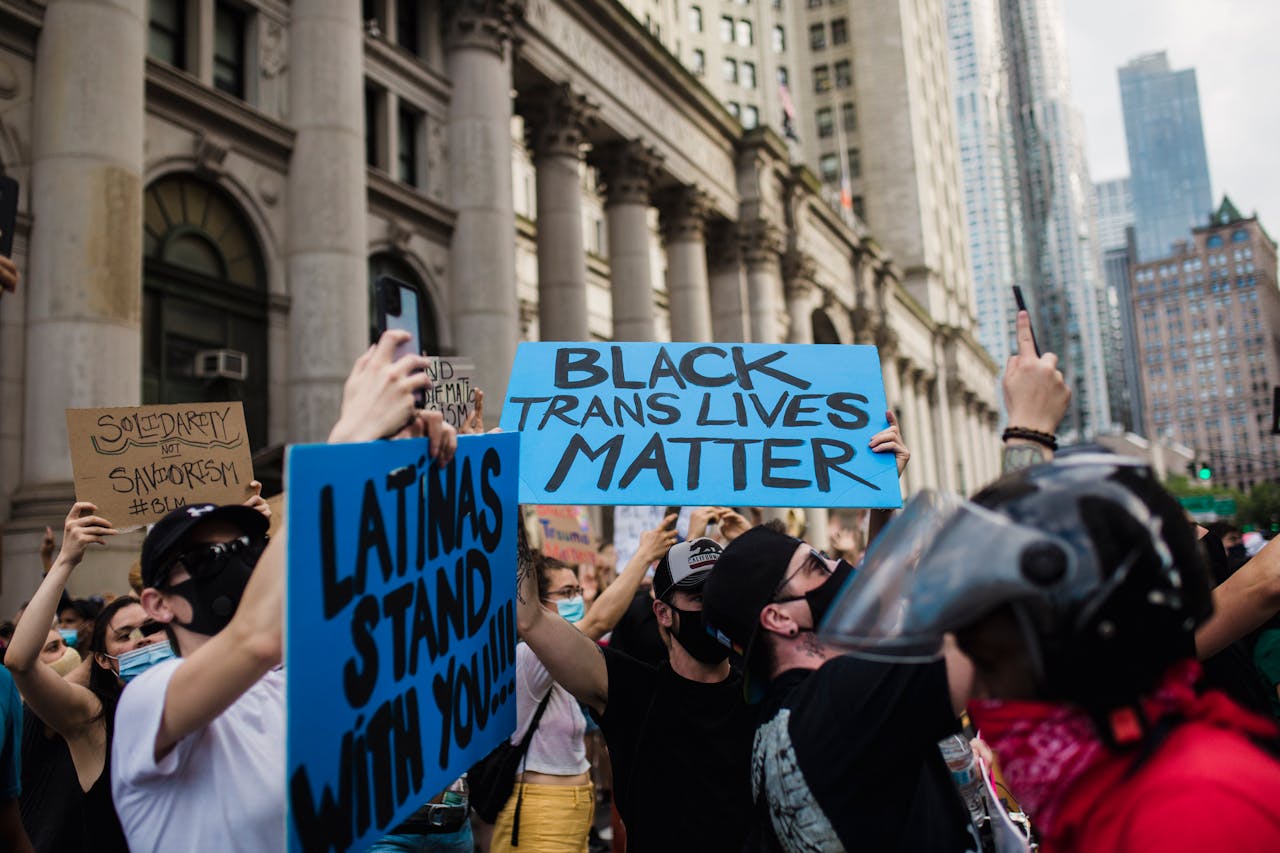
February 26, 2024
Man Found Guilty Of Murder In Gender Identity Hate Crime Trial
Department of Justice Assistant Attorney General Kirsten Clarke affirmed that the verdict signaled that Black trans lives matter.
A verdict has been reached in the first federal gender identity-based hate crime to be tried in the United States. As BLACK ENTERPRISE previously reported, Daqua Lameek Ritter stood trial for the murder of a Black trans woman, referred to in court documents as “Dime Doe.”
As The Guardian reported, Ritter was found guilty on Feb. 23 of a hate crime for the murder of “Dime Doe” following a four-hour deliberation by the jury. Ritter was also found guilty of using a firearm, for which he received a charge of obstructing justice.
Before this case, no case which was prosecuted as a hate crime based on the victim’s gender identity ever reached trial because the previous cases ended after the accused took plea deals.
The trial of Ritter, which took place over four days, emphasized his sexual relationship, which he attempted to keep secret, with the woman he would go on to kill. However, once the relationship became exposed, Ritter became angry. FBI prosecutors alleged that the motive for the murder was to end any further exposure of his involvement with the woman.
Although the defense attempted to argue that there was no evidence anchoring Ritter to the crime, the witnesses that the prosecution called painted an entirely different picture.
On the day Doe died, Kordell Jenkins said he saw Ritter driving a vehicle that he knew Doe previously drove, in addition to building a fire in a barrel with Ritter, which he put a bag into. Though Jenkins could not see what was in the bag, he assumed it was full of items he didn’t want, including clothes he had worn earlier.
In addition to this, Ritter began acting strangely, according to his main girlfriend, Dalasia Green. Green testified that after she asked him directly if he had killed Doe, “He dropped his head and gave me a little smirk.”
Green is also somewhat responsible for helping to motivate Ritter to murder Doe; she allegedly called Ritter a homophobic slur after she discovered the affair. As the Associated Press reported, just before Doe was killed, text message exchanges between Doe and Ritter became filled with conflict. In one of them, dated July 29, 2019, Doe was complaining that Ritter was not reciprocal of things Doe did for him. Ritter countered by telling her that he believed that she did not need anything extra.
Following the guilty verdict, assistant U.S. attorney for the District of South Carolina, Brook Andrews, told reporters who had gathered outside the courthouse, “This case stands as a testament to our committed effort to fight violence that is targeted against those who may identify as a member of the opposite sex, for their sexual orientation or for any other protected characteristics.”
At present, there has been no sentencing date announced for Ritter, but he faces a maximum sentence of life imprisonment without the possibility of parole whenever it rolls around.
In a Department of Justice press release, the Department of Justice Assistant Attorney General Kirsten Clarke affirmed that the verdict signaled that Black Trans Lives Matter, “A unanimous jury has found the defendant guilty for the heinous and tragic murder of Dime Doe, a Black transgender woman,” Clarke said.
Clarke continued, “The jury’s verdict sends a clear message: Black trans lives matter, bias-motivated violence will not be tolerated, and perpetrators of hate crimes will be prosecuted to the fullest extent of the law. This case is historic; this defendant is the first to be found guilty by trial verdict for a hate crime motivated by gender identity under the Matthew Shepard and James Byrd Jr. Hate Crimes Prevention Act. We want the Black trans community to know that you are seen and heard, that we stand with the LGBTQI+ community, and that we will use every tool available to seek justice for victims and their families.”
RELATED CONTENT: First Federal Gender-Based Hate Crime Trial Begins In South Carolina